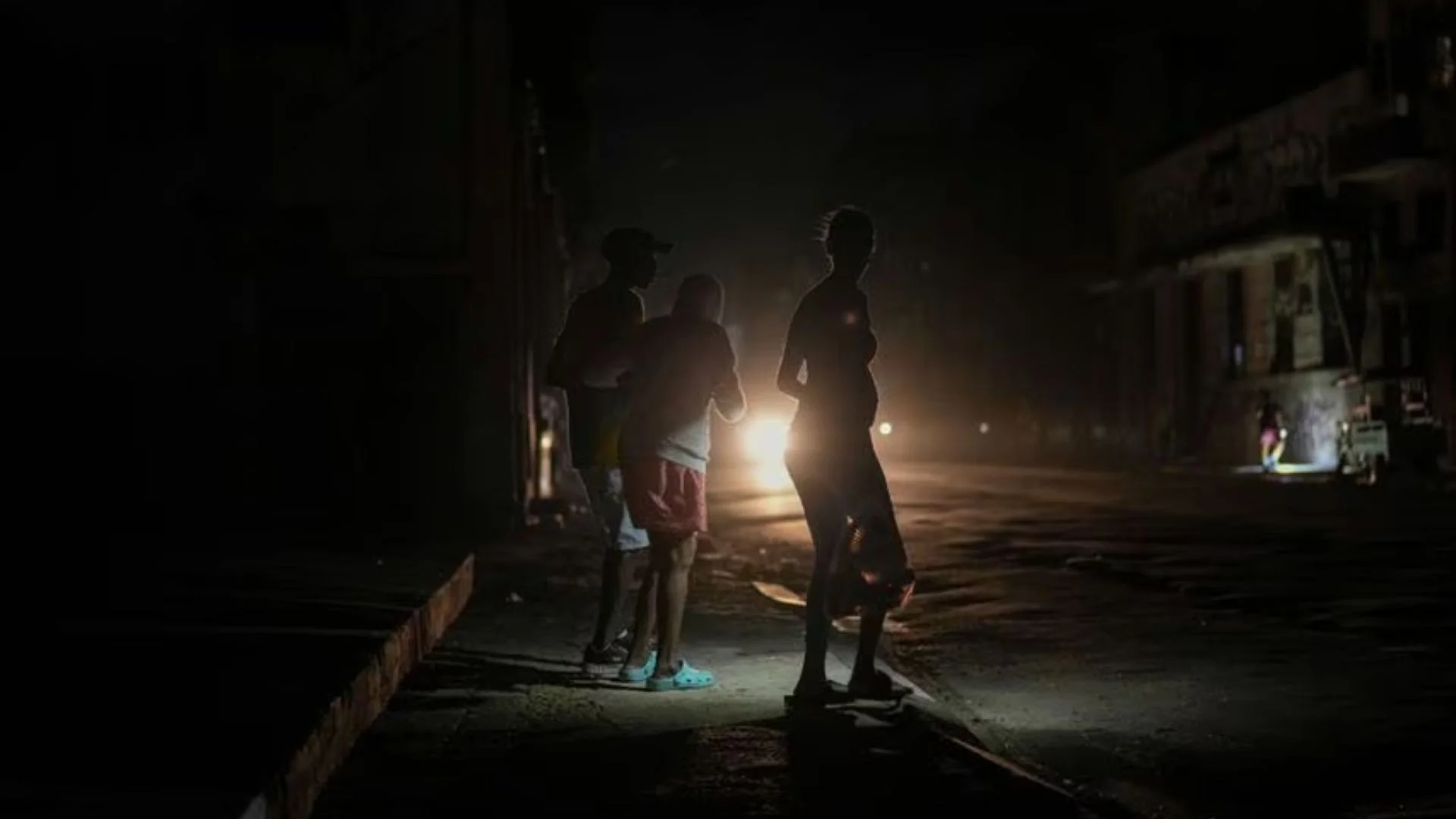Cuba’s national electrical grid collapsed for the fourth time in 48 hours on Sunday, plunging the island’s 10 million residents into darkness. The power outages come as Cuba grapples with severe shortages of medicine, food, and fuel, compounding the crisis.
The first grid failure occurred on Friday when the country’s largest power plant shut down, triggering widespread blackouts. Since then, the grid has failed three more times, prompting growing frustration across the nation.
Cuban Prime Minister Manuel Marrero Cruz attributed the crisis to aging infrastructure and fuel shortages, further exacerbated by the recent impact of Hurricane Milton. However, the country’s power grid problems have been years in the making, with a report from NPR highlighting the fragile state of Cuba’s energy system.
Three Key Reasons Behind Cuba’s Power Crisis:
- Aging Power Plants: Cuba’s power plants are in disrepair, suffering from years of neglect. Prime Minister Marrero Cruz acknowledged the crumbling infrastructure as a key factor in the ongoing crisis, leaving the grid unable to handle the demands placed on it.
- Fuel Supply Disruptions: The island relies heavily on fuel imports to sustain its power grid. However, shipments have drastically decreased, particularly from Venezuela, Cuba’s main supplier. Economic challenges in Venezuela, combined with reduced supplies from Mexico and Russia, have severely limited Cuba’s ability to generate electricity. US sanctions have also complicated efforts to secure affordable fuel.
- Slow Investment in Alternative Energy: Although efforts to upgrade the grid with alternative energy sources have been underway, progress has been slow. A project to build 31 solar energy centers isn’t expected to be completed until next year, leaving the country dependent on its struggling thermoelectric plants.
The situation has been worsened by economic hardship, inflation, and the fallout from the COVID-19 pandemic, which decimated Cuba’s tourism industry. US sanctions under former President Donald Trump, which reclassified Cuba as a “state sponsor of terrorism,” have also restricted the country’s access to crucial resources.
Protests erupted earlier this year in Santiago de Cuba over shortages of electricity and food. In response, the Cuban government has been forced to ration supplies, including limiting bread for children and pregnant women. Some experts say the current conditions are worse than those of the Special Period following the collapse of the Soviet Union in the 1990s.
To manage the crisis, the government announced the cancellation of classes and instructed non-essential workers to stay home. The US Embassy in Havana also announced it will only provide emergency services.
Prime Minister Marrero Cruz, in a delayed televised address on Thursday, said that much of Cuba’s limited production has been paused to prevent complete power outages. “We have been paralyzing economic activity to generate power for the population,” he explained.







